
ChatGPT Sends Millions to Verified Election News, Blocks 250,000 Deepfake Attempts
AI
Zaker Adham
09 November 2024
07 August 2024
|
Paikan Begzad
Summary
Summary
Digital transformation—updating legacy apps and processes with modern cloud technologies and digital workflows—poses significant risks. Harvard Business Review noted in 2023 that despite 89% of large companies engaging in digital and AI transformation, they achieved only 31% of expected revenue increases and 25% of anticipated cost savings.
Rob Mee, former CEO of Pivotal, was inspired to address the challenges of digital transformation after years of working with enterprises entrenched in outdated infrastructure. In 2022, Mee established Mechanical Orchard, a startup leveraging AI-enhanced tools and cloud instances to modernize companies' aging apps and services.
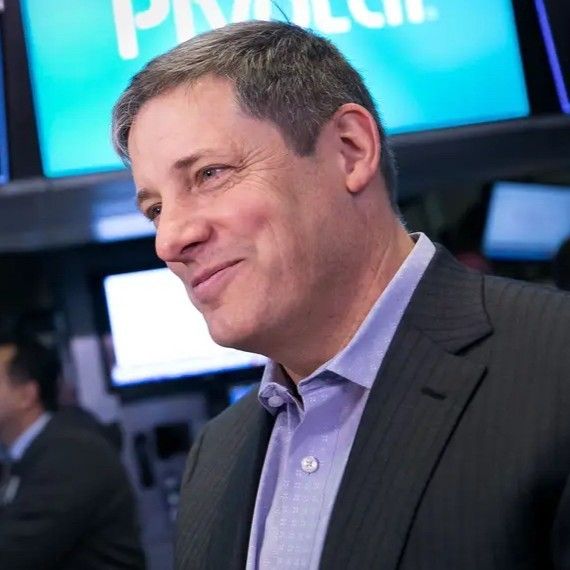
"The risks of modernizing critical legacy systems have made many IT leaders hesitant, but with aging software becoming a growing threat, there's no more room to delay," Mee explained.
Pivotal experienced significant challenges, with its stock plummeting over 40% in one day following a poor earnings report. VMware eventually acquired Pivotal for $2.7 billion, a sharp decline from its peak value.
However, Mee assures that Mechanical Orchard is on a strong growth trajectory, with large enterprise customers in retail and logistics already interested.
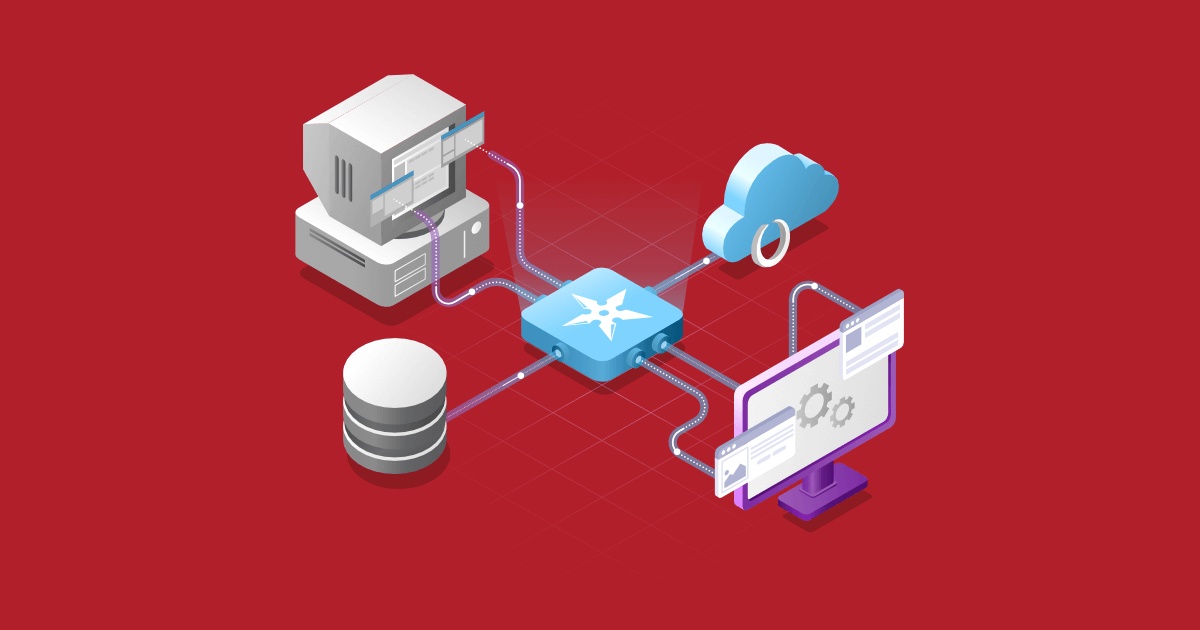
"Many sectors, such as manufacturing, transport, and financial services, face legacy IT challenges," Mee said. "Our approach reduces risk by providing continuous proof of successful migration, building confidence and reassurance for IT leaders."
This week, Mechanical Orchard closed a $50 million Series B round led by GV (formerly Google Ventures), Alphabet’s corporate venture arm, raising its total funding to $74 million. "The raise was unsolicited," Mee said. "GV presented a great partnership opportunity."
Numerous vendors support digital transformation, like Box with its consulting division, Box Transform. What sets Mechanical Orchard apart is its use of generative AI as a "pair programmer" to rewrite and create new software. Although there are risks in using AI for programming, Mechanical Orchard ensures developers are involved to debug and review the final product.
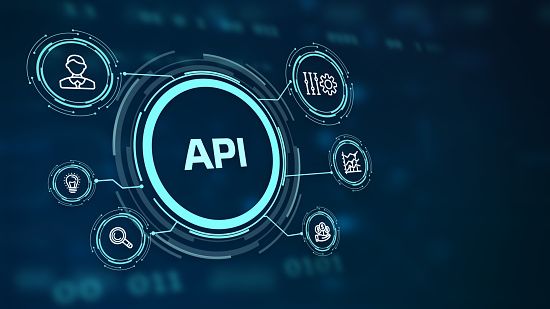
Mee did not disclose the specific generative AI platform Mechanical Orchard uses or whether it trains its internal coding models. This could be crucial for customers with sensitive code wary of third-party services like GitHub Copilot or AWS Q Developer.
To modernize a legacy system, Mechanical Orchard analyzes the system's behavior, identifies dependencies, and deconstructs its components to understand their functions. The team then writes cloud-hosted code replicating the old system's functionality. Customers own this code and can deploy it as needed.
Mee states that the new funds will be allocated to R&D, focusing on expanding the company's AI capabilities. Mechanical Orchard, based in San Francisco, has approximately 90 employees across offices in the U.K., Ireland, Italy, and Germany.

AI
Zaker Adham
09 November 2024
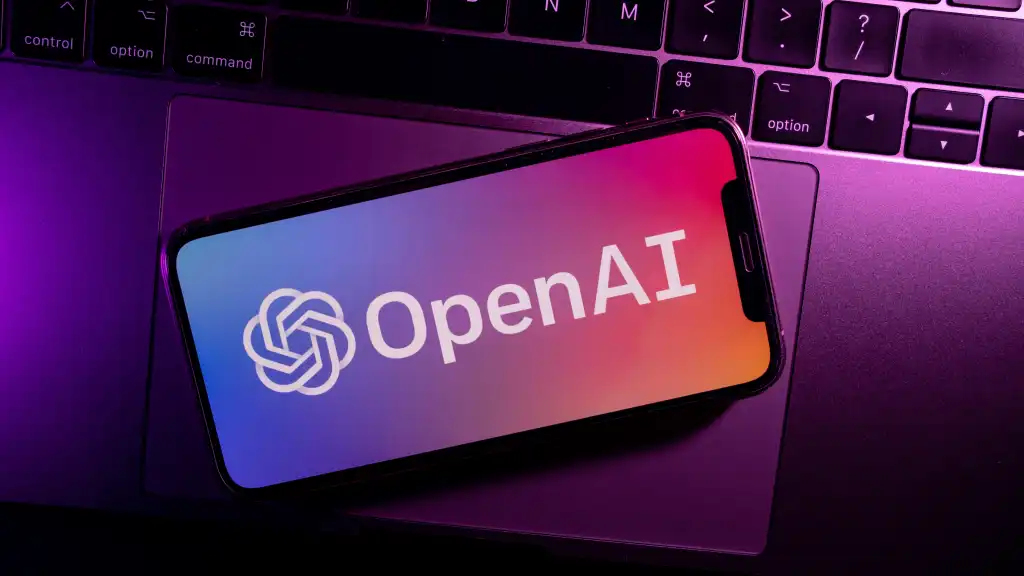
AI
Zaker Adham
09 November 2024

AI
Zaker Adham
07 November 2024
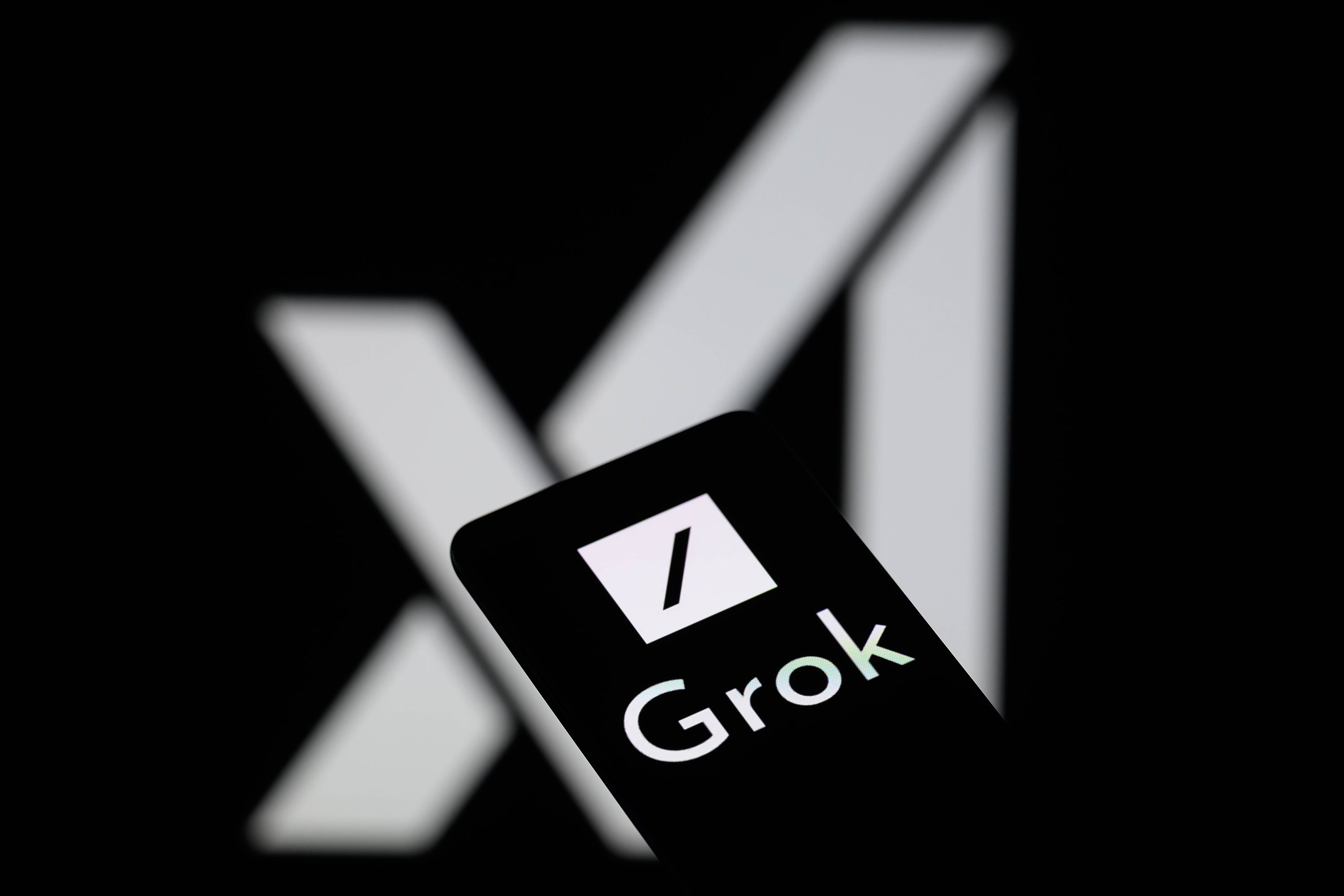
AI
Zaker Adham
06 November 2024